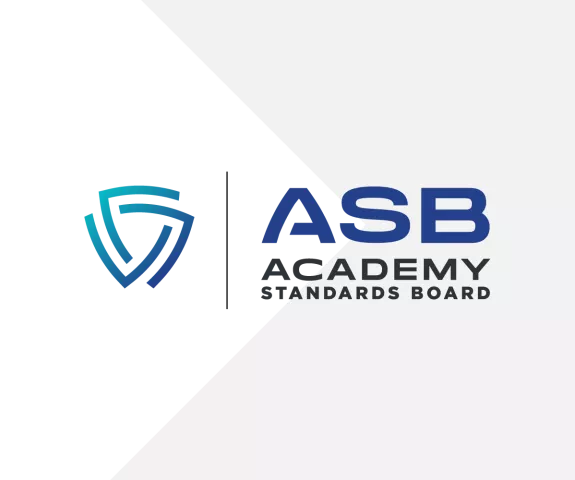
Who We Are
The AAFS Standards Board (ASB) is an ANSI-accredited Standards Developing Organization with the purpose of providing accessible, high quality science-based consensus forensic standards. The ASB is a wholly owned subsidiary of the American Academy of Forensic Sciences (AAFS), established and accredited by the American National Standards Institute (ANSI) in 2015. The ASB consists of Consensus Bodies (CB), which are open to all materially interested and affected individuals, companies, and organizations; a Board; and Staff.
The 2009 National Research Council (NRC) Report, Strengthening Forensic Science in the United States: A Path Forward, was critical of the forensic science community and emphasized the need for improving quality assurances, including continued standards-setting and enforcement. They wrote:
…Standards and best practices create a professional environment that allows organizations and professions to create quality systems, policies, and procedures and maintain autonomy from vested interest groups. Standards ensure desirable characteristics of services and techniques such as quality, reliability, efficiency, and consistency among practitioners. Typically standards are enforced through systems of accreditation and certification, wherein independent examiners and auditors test and audit the performance, policies, and procedures of both laboratories and service providers.
About the ASB
Established in 2015, the ASB is a wholly owned subsidiary of the AAFS whose ongoing mission is to safeguard justice and fairness through consensus-based documentary forensic science standards that adhere to the American National Standards Institute (ANSI) process. As such, the ASB is an ANSI-accredited SDO that can promulgate ANSI-accredited standards known as American National Standards (ANS). The ANSI process ensures that interested and affected parties have an opportunity to participate in the standards development process defined by openness, balance, consensus, and due process. Due process is the key to ensure that ANS are developed in an environment that is equitable, accessible, and responsive to the requirements of various stakeholders.
Standards allow organizations and professions to create quality systems, policies, and procedures and maintain autonomy from vested interest groups. They ensure desirable characteristics of services and techniques such as quality, reliability, efficiency, and consistency among practitioners. Objective science applied in a uniform way through consensus-based standards further promotes fairness and outcomes based on evidence rather than subjective bias resulting from preconceived opinions. By focusing directly on the development and implementation of forensic science standards, the ASB contributes to the body of reliable data, thus decreasing the impact of bias in the justice system. Reliable data can positively impact the equal application of justice for all individuals.
Since its inception, there have been over 300 volunteers who work in 13 ASB Consensus Bodies (CB) to create standards, best practice recommendations, and technical reports. The CB members embrace the AAFS position that diversity and inclusion provide an improved environment through shared values, which benefits the greater forensic science community. The ASB regularly collaborates with other organizations to increase awareness of forensic science standards, provide training on their standards, and promote their implementation by forensic laboratories and the broader criminal justice community.
ASB Board
Dan Anderson, MS
Kris Cano, MA
Pamela King, JD
Carl McClary, MS
Sara Getz, PhD
Paul Kish, MS
Keith Pinckard, MD, PhD
Melissa Gische, MFS
Ranee Ho, MS, MBA
Vision
Safeguarding Justice, Integrity, and Fairness through Consensus Based American National Standards.
Mission
The ASB develops consensus based forensic science standards within an American National Standards Institute accredited framework, and provides training to support those standards. Our work enhances the mission of the AAFS to empower the forensic, and legal communities.
Values
- Integrity
- Scientific Rigor
- Openness, Transparency, and Due Process
- Collaboration and Excellence
- Leadership and Public Awareness
Integrity: Placing objectivity, honesty, transparency, honor, ethics, and unity at the center of all its policies and operations.
Scientific Rigor: Providing accessible, high quality, science-based consensus forensic standards, developed with the input of hundreds of forensic experts.
Openness: Ensuring that interested and affected parties have an opportunity to participate in a standards development program defined by openness, balance, consensus, and due process.
Collaboration and Excellence: Collaborating with national and international stakeholders to enhance the practice and application of forensic science.
Leadership & Public Awareness: Leading, serving, and advocating for the forensic science community, other partners, and the general public, through the promulgation of reliable information.
ASB Staff
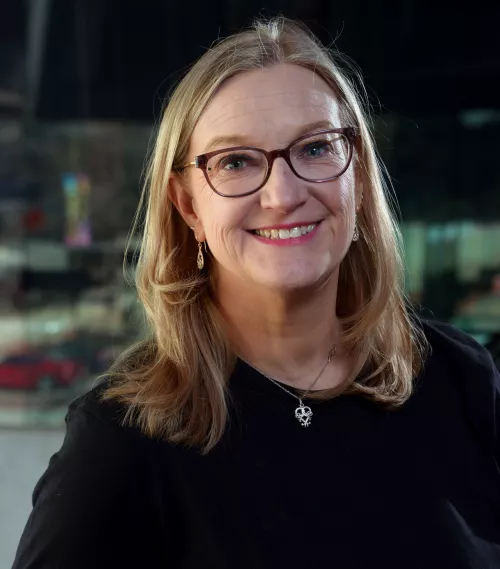
Teresa L. Ambrosius
ASB Secretariat
TAmbrosius@aafs.org
Teresa Ambrosius started with the ASB in January 2016 as the Technical Coordinator and was promoted to Secretariat in December 2017. She serves as the primary liaison to ANSI with respect to all voluntary consensus standards developed and maintained by ASB, monitors the progress of all document development, provides guidance on ANSI and ASB requirements and ensures that ANSI's Essential Requirements are met by the 15 ASB consensus bodies, serves as the liaison between CBs and ASB Board, and is a nonvoting member of the ASB Board.
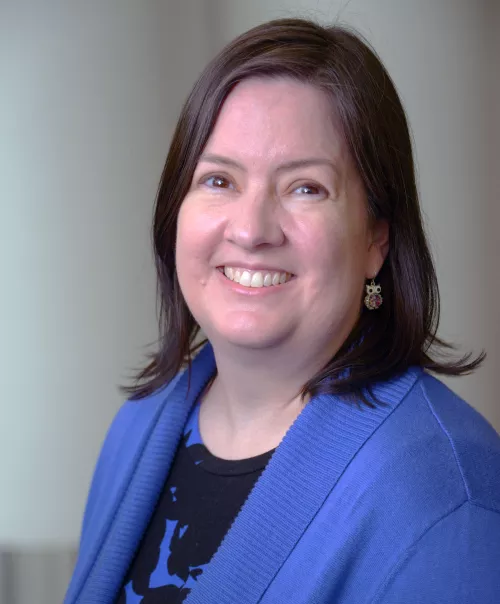
Emma Swartout
ASB Standards Coordinator
ebecker@aafs.org
Emma Swartout joined the AAFS Standards Board in December 2022 as the ASB Standards Coordinator. She works with the ASB Board, the AAFS and ASB staff, and the consensus bodies to coordinate and facilitate the documentation, meetings, the development of standards, technical reports, and other output of the consensus bodies, ensuring that all documentation is ANSI compliant.
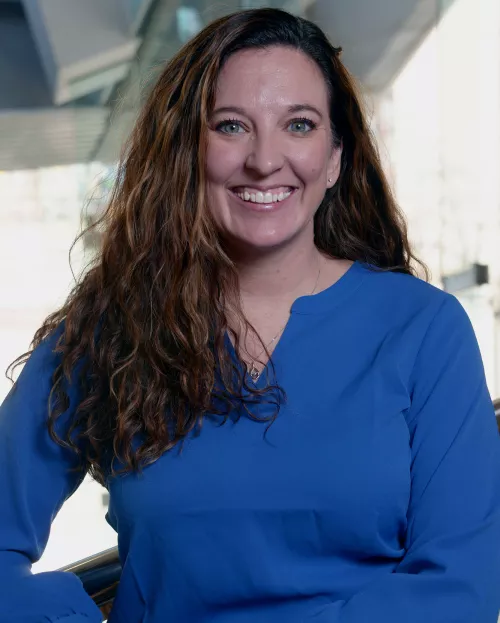
Camille Yount
ASB Administrative Assistant
cyount@aafs.org
Camille Yount joined the AAFS Standards Board in April 2024 as the ASB Administrative Assistant. She assists the Standards Coordinator with document status tracking and maintains consensus body agendas, minutes, and attendance tracking. Additionally she manages meeting schedules and communication with ASB/OSAC Ambassadors.
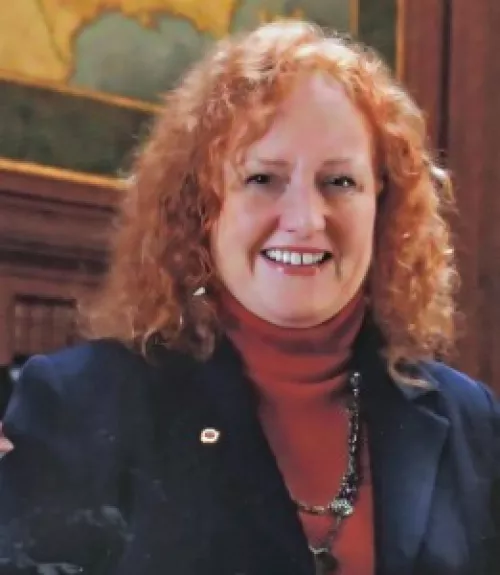
Mary C. McKiel
ASB Standards Consultant
Mary McKiel began working with AAFS in the creation and initial ANSI accreditation of the AAFS Standards Board in 2015. She continues to provide consultation on ASB and ANSI activities, works with the ASB staff to improve the overall quality of ASB standards, and assist users in the implementation of ASB standards.
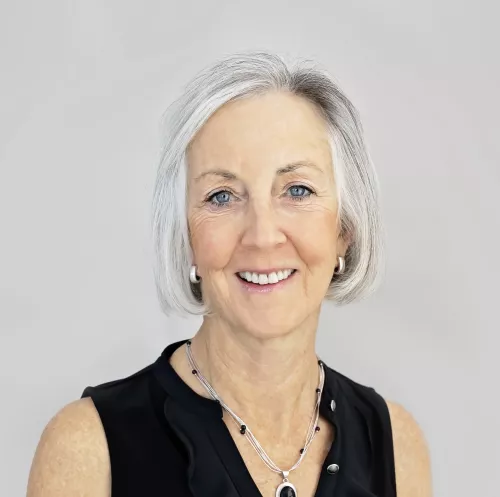
Laurel Farrell
ASB Technical Editor
Laurel Farrell joined the AAFS Standards Board in January 2025 as the Technical Editor. She reviews and edits technical documents for clarity, consistency, and accuracy. She collaborates with staff to gather information and clarify technical content and ensures all documentation adheres to established style guide. She also manages the ASB involvement in the forensics work of the International Organization for Standardization (ISO)